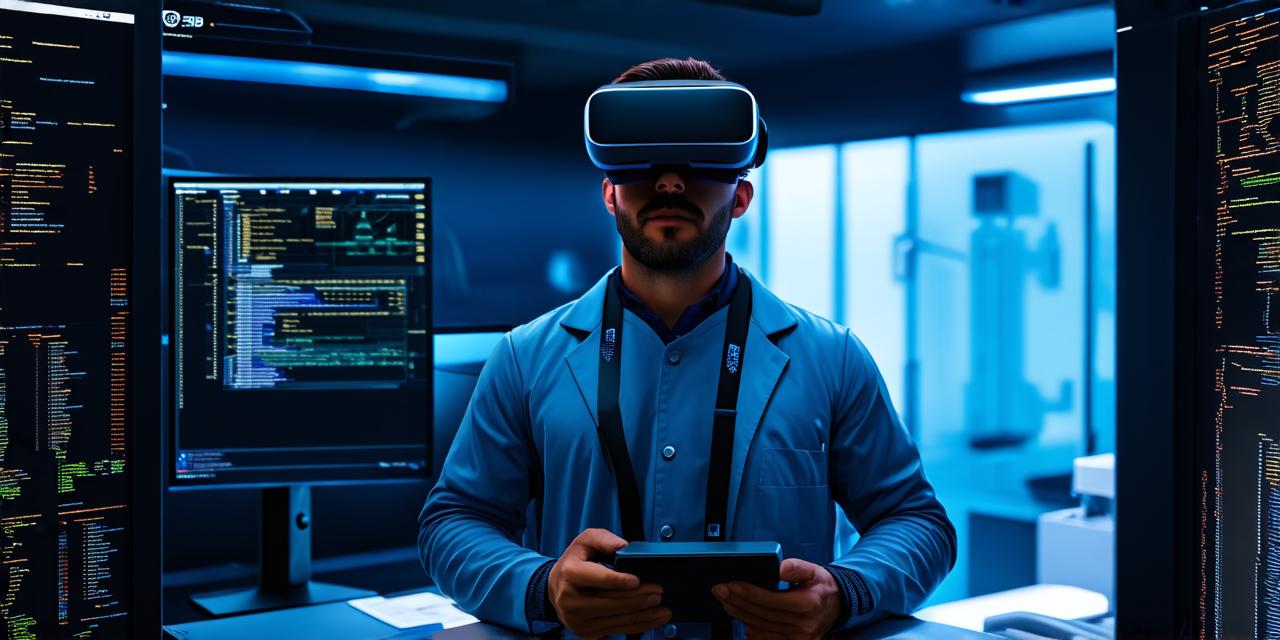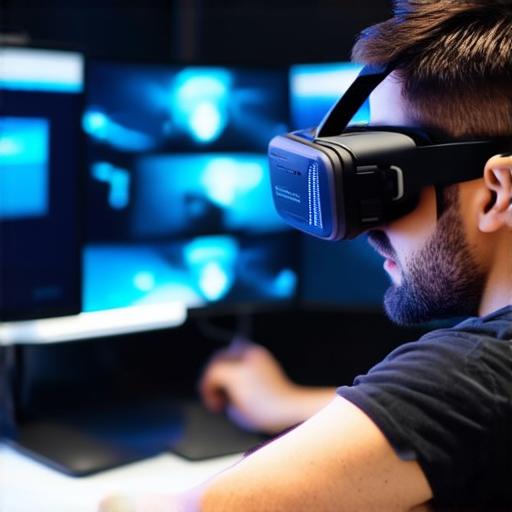
What are the responsibilities of a virtual reality developer?
Virtual reality (VR) technology is rapidly evolving and gaining popularity in various industries such as gaming, education, healthcare, and more. With this growth comes the need for skilled virtual reality developers who can create immersive and engaging experiences for users.
Technical Skills
Virtual reality development requires a strong foundation in computer science, programming, and game design. Developers must have experience with programming languages such as C++, Unity, or Unreal Engine, and be familiar with 3D modeling software such as Blender, Maya, or 3ds Max. They should also have knowledge of physics engines like Havok or PhysX, which are crucial for creating realistic and interactive environments in VR.
Creativity
Virtual reality development requires a great deal of creativity and innovation. Developers must be able to envision new and exciting ways to use VR technology and come up with unique ideas for games, applications, and experiences. They should also be able to adapt their ideas to different platforms and devices, ensuring that their creations are accessible to as many people as possible.
Attention to Detail
Virtual reality development requires a keen attention to detail. Even small errors or oversights can have a significant impact on the user experience. Developers must be meticulous in their approach, testing their creations thoroughly and making sure that every element is polished and refined.

Collaboration
Virtual reality development is a collaborative effort that requires effective communication and teamwork. Developers must work closely with designers, artists, and other stakeholders to bring their ideas to life. They should also be able to communicate complex technical concepts clearly and effectively to non-technical team members.
Case Study: Oculus Quest 2
The Oculus Quest 2 is a popular VR headset that allows users to experience virtual reality without a high-powered PC. Developers who create games and applications for the Quest 2 must have a deep understanding of the device’s technical limitations and be able to optimize their creations accordingly. They must also be creative in finding ways to leverage the device’s unique capabilities, such as its wireless connectivity and built-in sensors.
FAQs:
Q: What programming languages do I need to become a virtual reality developer?
A: You will need to have experience with programming languages such as C++, Unity, or Unreal Engine.
Q: How important is creativity in virtual reality development?
A:
Creativity
is crucial for developing innovative and engaging VR experiences.
Q: What are the technical limitations of the Oculus Quest 2?
A: The Quest 2 has lower processing power than high-end PCs, so developers must optimize their creations to run smoothly on the device. It also has built-in sensors that can be used for tracking movement and interacting with virtual objects.
Summary:
Virtual reality development is a complex and challenging field that requires a diverse set of skills. Developers must have a strong foundation in computer science and programming, as well as creativity, attention to detail, and collaboration skills. By mastering these skills and staying up-to-date with the latest technologies, virtual reality developers can create truly immersive and engaging experiences that will captivate users around the world.


